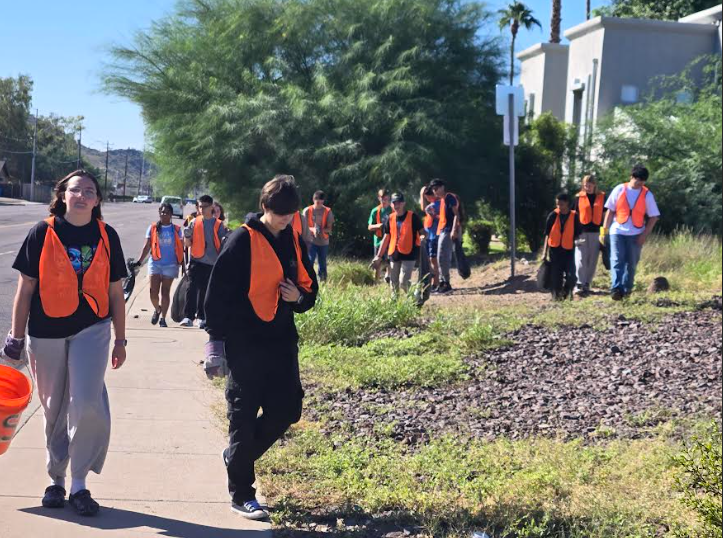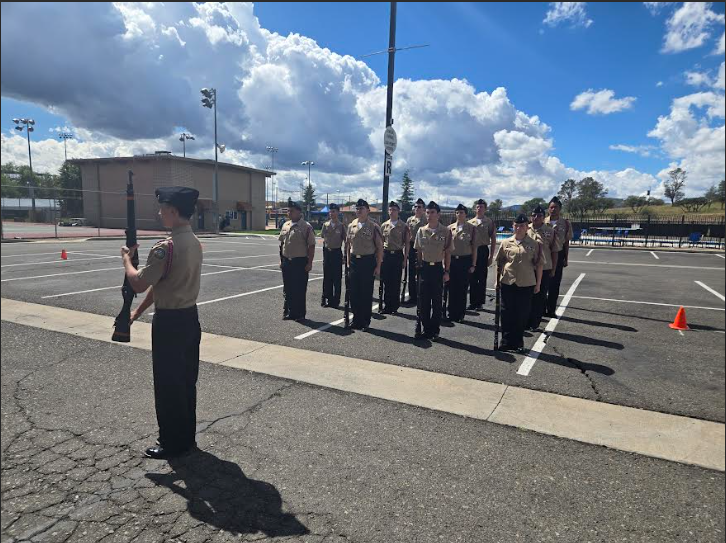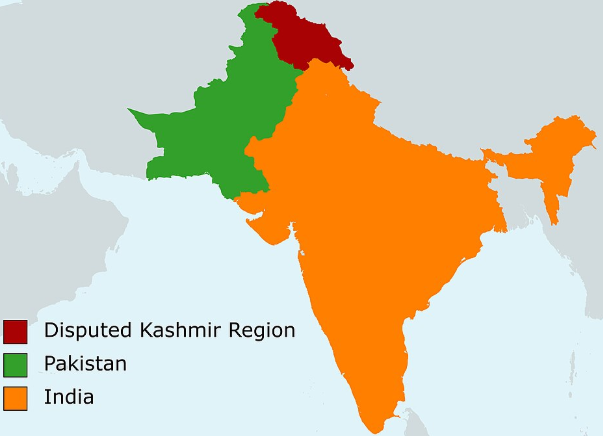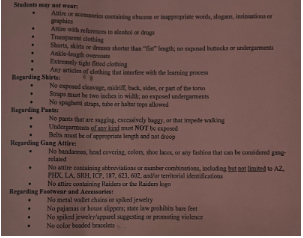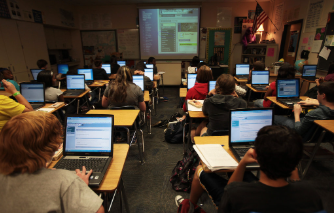Technology has not only reinvented society but also schools and the way classrooms function today. Student interaction and engagement with each other have been impacted and continue to evolve.
Access to the internet has reshaped students’ responsibility and the way they gather their information. Before online devices, an educator’s primary role was to provide information to students and be the model “sage on the stage,” a teaching method that presents a professor passing on knowledge by lecturing their students for them to remember, according to Top Hat. However, technology is becoming more common in classrooms and teachers’ roles are shifting towards “guide on the side,” a student-centered approach, according to Smile Foundation.
Additionally, technology is helpful for educators when it comes to lesson planning and new learning experiences. Teachers can create engaging lesson plans that fit all of their students. Professor Antero Garcia from Stanford University states, “…But I’ve continued to understand that the aspects of technology I loved weren’t actually about technology at all – they were about creating authentic learning experiences with young people.” It can also be beneficial towards students in helping them expand their basic interaction skills. According to Engineering For Kids, technology can help students of all ages by developing stronger communication, teamwork, and leadership skills. Any work done on computers or tablets can be considered engaging and interactive. Many skills can be learned through technology that can prepare them for future life or work.
Although the majority of school work is done digitally, it has created an easier gap for students to cheat on their schoolwork. According to Education Week, in the 2023-2024 school year, 63 percent of teachers said students have been caught using Artificial Intelligence to cheat on their schoolwork. This is up 48% more than the year before. According to Edutopia, technology has made it trouble-free for students to cheat with the help of smartphones and technology assistants, leaving students with easy access to answers on the internet. Some students are faced with overbearing pressure from their parents and families to succeed in academics and use cheating to perform well on their exams and schoolwork.
As technology continues to evolve and reinvent education, it’s clear that it won’t slow down anytime soon but will be expected to grow even more. Educators and students must advance with it and deal with the ways technology has lastingly changed the way students learn.

